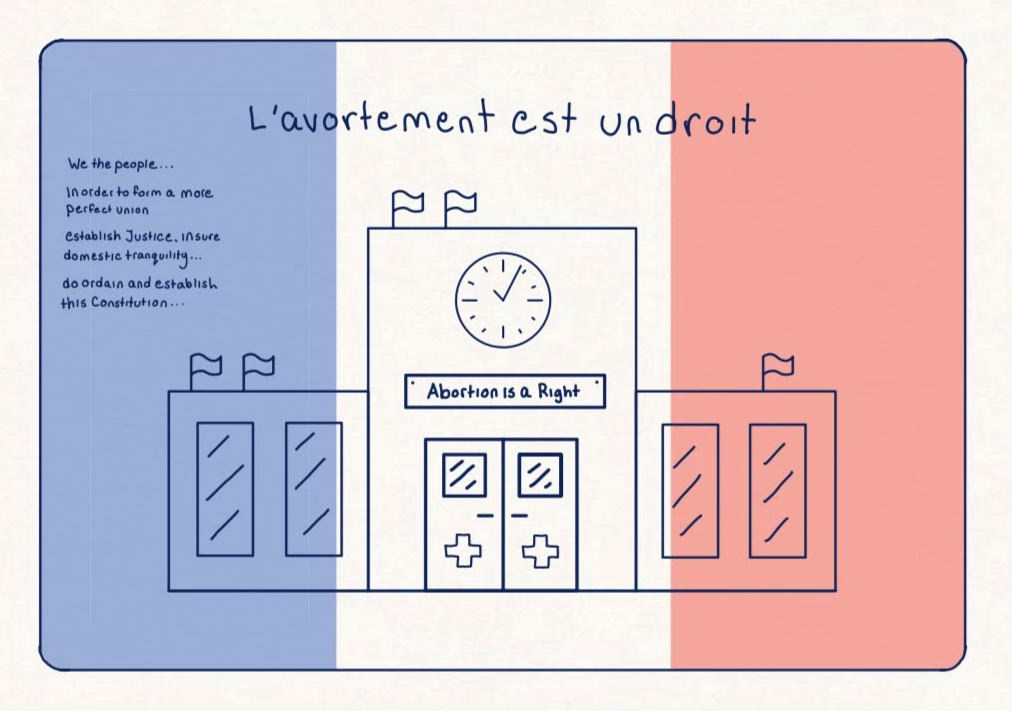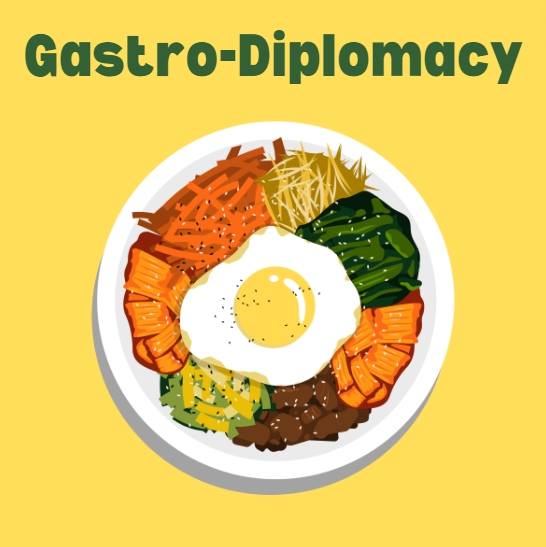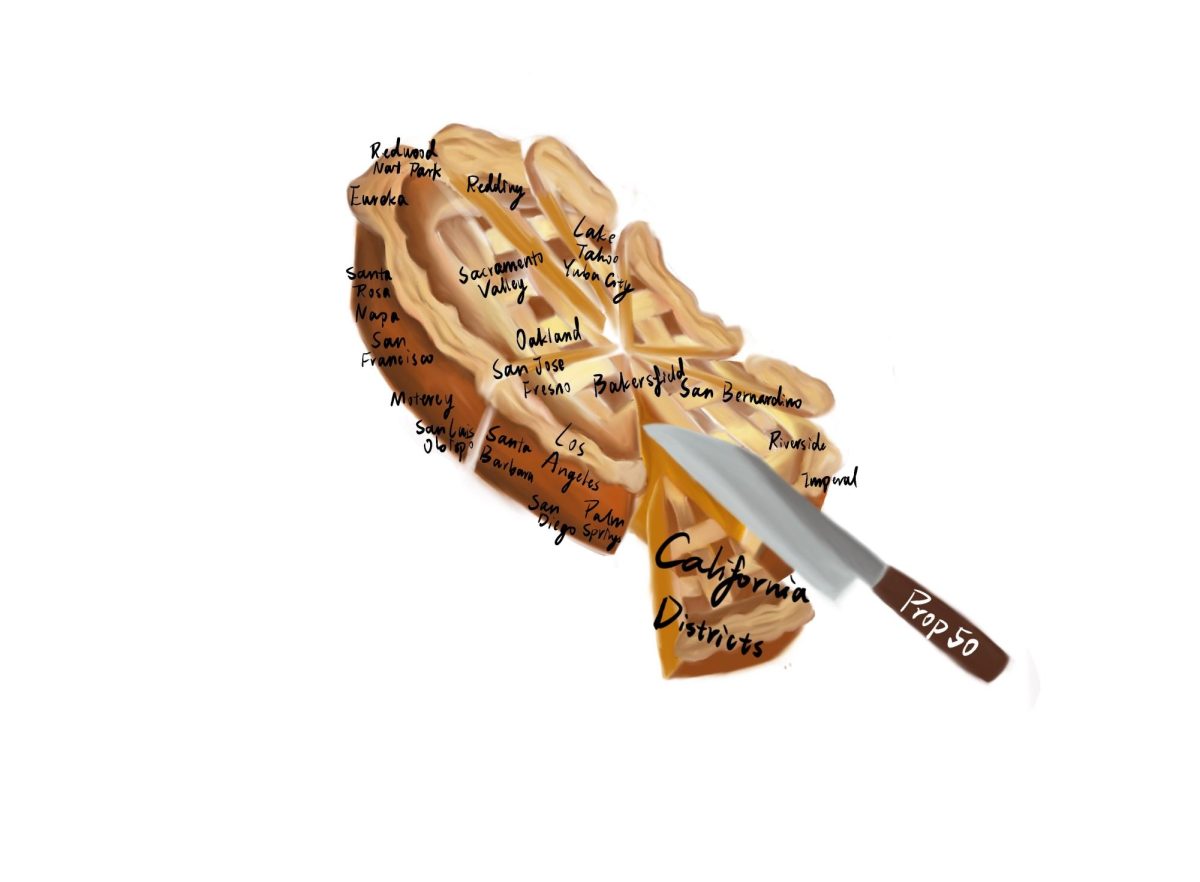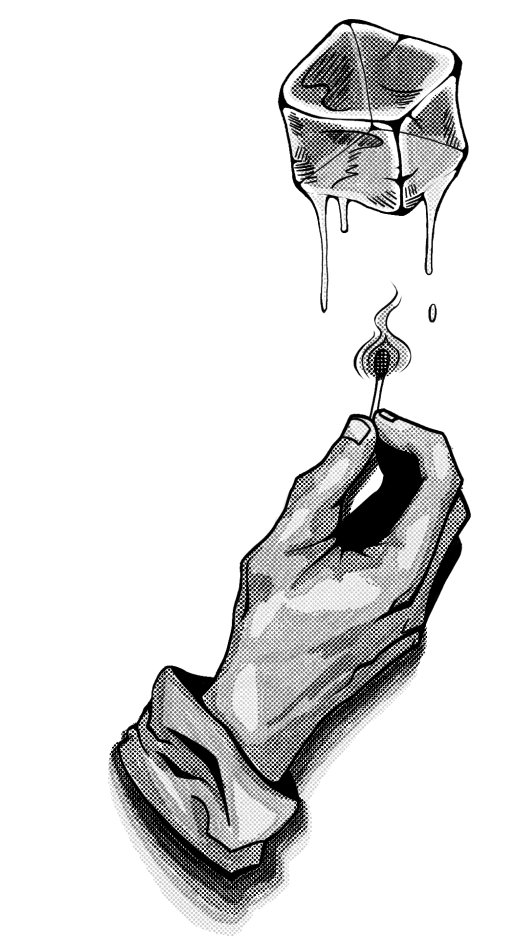The world is constantly developing, from technological advancements to the evolving climate, and to how society perceives people. One idea never stays the same for long. Across the world, everyone has different ideas of what the world should look like. Every person’s belief comes from the surroundings they grew up with. Whether through personal experiences or religious beliefs, the culmination of these ideas builds a society full of diverse people.
Historically, the largest and most widespread religion has always been Christianity, currently with more than two billion followers. The high percentage of people is largely due to colonization by European countries, the vast number of missionaries, and the popular idea that Christianity can save people from their lives of sin.
Within this large belief system, there are thousands of denominations of Christianity. With over one billion followers, Roman Catholicism is the largest denomination. Catholicism differs from Christianity by having a more specific culture. One of the largest differences is the Seven Sacraments: Baptism, Confirmation, Eucharist, Penance or Reconciliation, Anointing of the Sick, Holy Orders, and Matrimony, where each one brings the person closer to God.
Maxima McCormack, a Catholic student at Claremont High School, describes the power of the Seven Sacraments.
“I would say the Seven Sacraments are as powerful as you make them because your relationship to God is very unique to you and changes for each individual,” McCormack said. “Sometimes kids find themselves performing the sacraments only to please their parents as they are born into the religion, but then when something big and terrible or something wonderfully sweet happens in their life, they are able to find peace and comfort or gratefulness in God after being able to have time to grow and mature in that relationship from the support of their parents as well as the Church.”
Within Catholicism, there is also a Pope, believed to be Apostle Peter’s successor and appointed by Jesus. The Pope lives in the Vatican and guides the belief system of Catholics across the world.
On April 8th, 2024, on behalf of the Catholic Church, Pope Francis released a twenty-page doctrine, titled Dignitas Infinita, which covered many major cultural ideas in the world, including war, abortion, surrogacy, and gender fluidity. The purpose of the doctrine was to connect major societal issues such as the bioethical ideas of abortion, euthanasia, and surrogacy, to the Church’s meaning of human dignity.
The doctrine begins by stating, “Every human person possesses an infinite dignity, inalienably grounded in his or her very being, which prevails in and beyond every circumstance, state or situation the person may ever encounter.” This is the preface to controversial ideas within the doctrine such as the Church’s opinions on gender-altering surgeries and surrogacies.
Pope Francis made LGBTQ+ rights a major outreach earlier during his papacy, his time as Pope, to try to connect the world. However, this new document contradicts the inclusivity. The document states, “Desiring a personal self-determination, as gender theory prescribes, apart from this fundamental truth that human life is a gift, amounts to a concession to the age-old temptation to make oneself God, entering into competition with the true God of love revealed to us in the Gospel.” The document argues that while the Catholic Church accepts those who identify as a different gender or are transgender as people, but does not stand behind the “Gender Theory”. The theory implies that the person is going against God by not valuing the person he created by changing the gender associated with their sex. This ideology has been met with strong opinions, as each individual’s beliefs on controversial issues are inherently diverse.
The Vatican also released its stance on surrogacy, a process where a woman gives birth to a child for a couple or individual, in Dignitas Infinita. Similarly to gender identities, the Vatican believes surrogacy does not fall within the line of Catholicism as it undermines the power of conception and creation of one’s own child. The Church also wants to stop the exploitation of poor women, who use surrogacy as a form of money. The opinion has been much anticipated after Pope Francis called surrogacy “deplorable” in late 2023.
The document explains that surrogacy ignores the dignity of both the child and the mother. Dignitas Infinita states, “…Because of this unalienable dignity, the child has the right to have a fully human (and not artificially induced) origin and to receive the gift of a life that manifests both the dignity of the giver and that of the receiver… Surrogacy also violates the dignity of the woman, whether she is coerced into it or chooses to subject herself to it freely. For, in this practice, the woman is detached from the child growing in her and becomes a mere means subservient to the arbitrary gain or desire of others.” The birth of a child is seen as the highest creation as it is a gift of God. Anything that does not follow what the Church believes God intended falls out of the scope of human dignity.
The reception of the Dignitas Infinita has resulted in the overgeneralization of Catholic ideals. Yet, each topic covered in the doctrine is the reflection of only the Vatican and the Pope, not Catholicism as a whole. Since these beliefs do not reflect every member of the Catholic Church, this document has sparked a worldwide conversation about major societal issues.
The strongest reaction was from the LGBTQ+ Catholic community, especially those who are transgender. The doctrine did not give them the support they were seeking and only referred to them using the term “gender theory” instead of transgender. This specific word choice has left many wondering what message is trying to be conveyed, creating uncertainty and mistrust in the Catholic community.
The Catholic Church continues to emphasize that every child is a child of God, but when doctrines such as the Dignitas Infinita are released, many become uncertain of where they stand in the community.
















